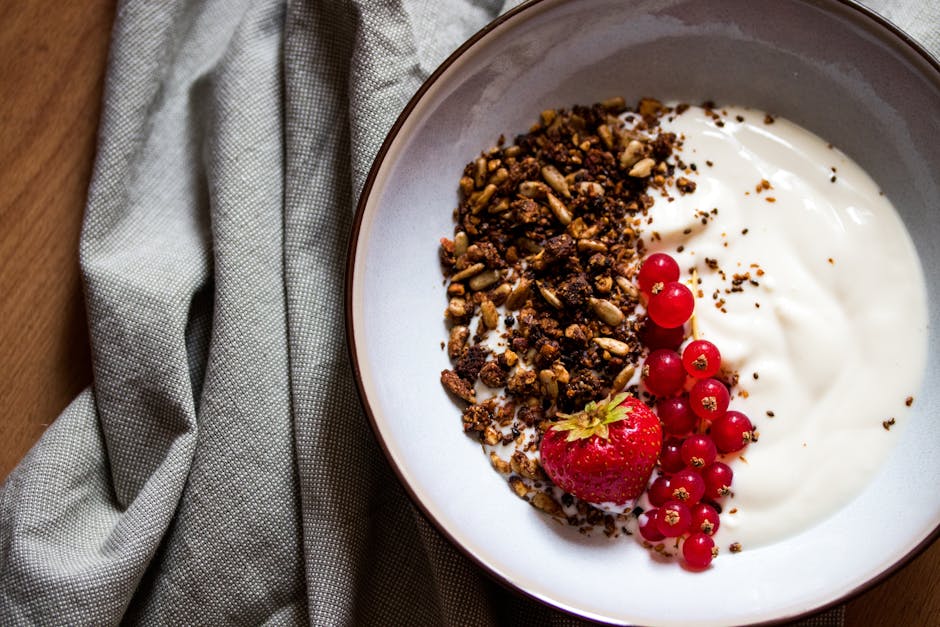A central player in this connection is the gut-brain axis, a bidirectional communication network linking the nervous system of the gut to the central nervous system, encompassing the brain. This intricate network facilitates a constant exchange of signals, largely mediated by the vagus nerve, but also through hormonal and immunological pathways. Dysregulation within this axis can disrupt the delicate balance required for optimal mental health.
A crucial component of this gut-brain communication is the vast community of microorganisms residing within our intestinesthe gut microbiome. This diverse ecosystem plays a vital role in numerous bodily functions, including digestion, immune response, and even neurotransmitter production. A balanced and diverse microbiome appears crucial for maintaining a stable emotional landscape.
How does the gut influence mood? One key mechanism involves the production of neurotransmitters, such as serotonin and dopamine, molecules essential for regulating mood and behaviour. The microbiome has a significant influence on these pathways. For example, certain gut bacteria can ferment dietary fibres, producing short-chain fatty acids (SCFAs). SCFAs, like butyrate, are not only crucial for maintaining intestinal health but also exert a positive impact on the brain. They may cross the blood-brain barrier, influencing neurotransmitter synthesis and consequently, emotional regulation.
Further, a healthy microbiome actively supports the production of neurotrophic factors. These factors are essential for the growth and survival of nerve cells, promoting resilience and adaptation within the brain. This resilience is crucial for handling stress, which often disrupts mental well-being. Conversely, an imbalanced microbiome can reduce neurotrophic factor production, potentially contributing to a weakened ability to cope with stress and emotional challenges.
Dietary choices hold tremendous power in shaping the composition and function of the gut microbiome. A diet high in processed foods, refined sugars, and saturated fats often leads to a less diverse and healthy gut microbiome. These dietary patterns can also lead to an imbalance in the gut’s microbial ecosystem, potentially contributing to inflammation and impacting the delicate equilibrium within the gut-brain axis.
Conversely, a diet rich in diverse and unprocessed foods, particularly those rich in prebiotics and probiotics, can nurture the growth of beneficial bacteria. Prebiotics are non-digestible food ingredients that serve as food for beneficial gut bacteria, fostering their proliferation and enhancing their functionality. Probiotics, live microorganisms found in fermented foods like yoghurt, kefir, and sauerkraut, can directly influence the microbial composition of the gut. These dietary interventions are crucial for improving the quality and diversity of the gut microbiome, reinforcing the positive feedback loop between gut health and mood regulation.
Dietary fibre, a key component of numerous plant-based foods, is another significant factor influencing gut health. Different types of fibre, like resistant starches and soluble fibres, are fermented by specific bacterial populations in the gut, producing SCFAs like butyrate. This process directly influences the inflammatory response and the production of crucial neurochemicals, maintaining the optimal functioning of the gut-brain axis.
Beyond the direct production of neurotransmitters and neurotrophic factors, the gut plays a vital role in the immune system. Dysbiosis, or an imbalance in the gut microbiome, can lead to a chronic low-grade inflammatory state. This inflammation is not only detrimental to physical health but also has implications for mental well-being. Research suggests a strong link between chronic inflammation and mood disorders, including depression and anxiety. A healthy, balanced gut microbiome can help to regulate the inflammatory response, positively impacting mood and emotional stability.
The impact of stress on the gut-brain axis is another crucial element of this complex relationship. Stressful experiences can significantly alter the composition and functionality of the gut microbiome. These alterations can affect the production of neurotransmitters and lead to inflammation, potentially worsening symptoms of anxiety or depression. Conversely, a robust gut microbiome can contribute to resilience and stress management, providing a crucial buffer against the detrimental effects of stress.
In conclusion, the link between gut health and mood is far from superficial. The gut-brain axis, a complex network of interactions, facilitates a constant exchange of signals between the digestive system and the brain, influencing neurotransmitter production, inflammation response, and neurotrophic factor synthesis. A balanced gut microbiome, fostered by a diverse and nutrient-rich diet, is crucial for optimal mental health. Considering the intricate interplay between diet, gut health, and mood, nutritional interventions can play a vital role in supporting mental well-being and potentially alleviating symptoms of mood disorders. Further research is essential to fully unravel the mechanisms and develop targeted interventions for improving mental health through dietary interventions. Our dietary choices have a profound impact, not only on our physical health, but also on our emotional well-being.
